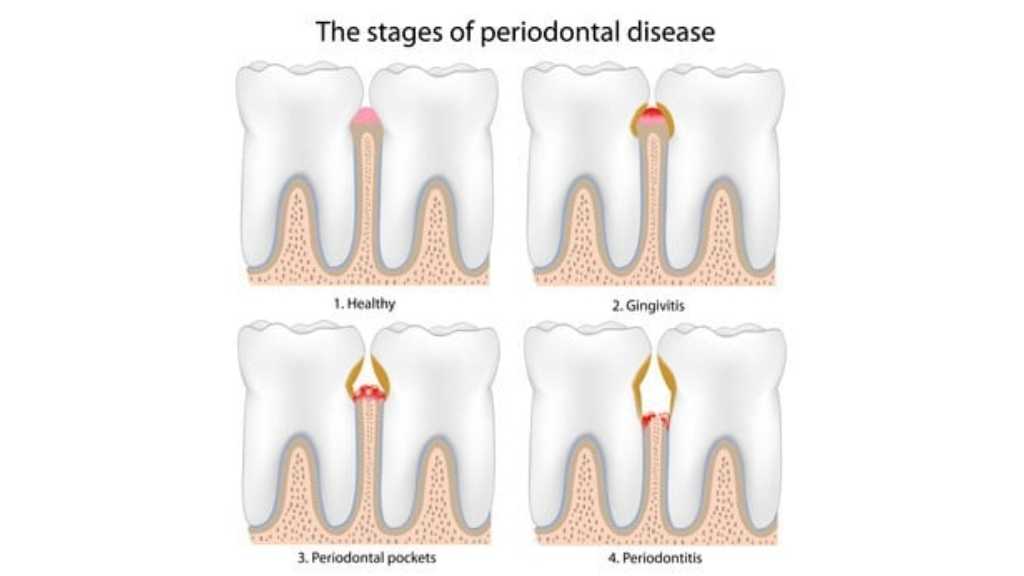For the past few years, researchers have explained the link between gum disease and heart disease. But what about a tooth infection and heart disease – is there a link there as well?
New studies show that there is a definite connection between oral infections and heart disease.
What does this mean for you?
The tooth infection – heart disease correlation: What the studies show
While most of the common risk factors for heart problems are well known (obesity, smoking, high blood pressure, high cholesterol), most people aren’t aware of what role their dental health can play.
New research shows that there is a correlation between gum disease and heart disease, as well as a correlation between heart disease and a tooth infection. The Journal of Dental Research released information which shows that people who have a tooth infection are almost three times as likely to be at risk for heart disease. Deaths from cardiovascular disease contribute to 30% of deaths annually. It is a leader among the causes of death among both men and women in the U.S.
In an article on MedicalNewsToday.com, writer Honor Whiteman points to a recent study done by the University of Helsinki in Finland. The study found that there is a link between cardiovascular problems and tooth infections, called apical periodontitis. In fact, patients with apical periodontitis are at greater risk for ACS (acute coronary syndrome). ACS encompasses many conditions in which blood cannot flow to the coronary arteries.
In addition to heart disease, oral issues can contribute to diabetes, stroke, Alzheimer’s, and even pregnancy complications. These are just a few of the reasons why oral healthcare and regular dental visits are important.
Two types of oral infections we want patients to be aware of
There are two types of oral infections that could increase the risk of cardiovascular disease: a tooth infection and a gum infection.
1. An infection from dental decay Apical periodontitis is an abscess on the very tip of the root of a tooth. The cause of the infection is decay and bacteria. The bacteria in the mouth attack sugars in the foods we eat. In the process, an acid develops, which disintegrates the surfaces of the tooth. It decalcifies the enamel, then progressively bores all the way through the enamel and dentin (the second layer of the tooth), and into the pulp.
The nerve of the tooth is in the pulp chambers, which run down the middle of the root of the tooth. When decay and bacteria get into the nerve, it causes an infection and inflammation. The result is a painful abscess.
It is important to note that most people don’t experience a painful abscess until the apical periodontitis is at an advanced state. This means that the patient can have a latent infection and not realize it. The studies conducted at the University of Helsinki show that while in this latent phase, there is still an increased risk that a person can develop a heart condition.
2. A gum (or periodontal) infection and gum disease Gum disease and gum infections can also be a contributing factor for heart disease. There are four levels of gum disease: gingivitis; and early, moderate, and severe gum disease.
Gingivitis is not a minor condition, though some people see it that way. While it is the mildest form of gum disease, this doesn’t mean that patients should take it lightly. Gingivitis can quickly and easily progress. Thankfully, the first stage of gum disease is reversible, whereas the others cannot be.
When does Gum Diasease occurs?

Gum disease occurs when bacteria ends up under the gums via plaque and calculus (tartar). Plaque is the white, sticky substance on teeth that we remove as we brush our teeth. However, if the plaque is not removed well, or even at all, it can harden and become calculus.
When plaque and calculus are under the gum line, the gum tissue becomes inflamed and irritated. Patients who have gum disease typically experience gum sensitivity, tenderness, and bleeding. Imagine a sliver in your finger that feels uncomfortable until it’s removed. If it’s not removed, eventually an infection can develop. It is similar with gum disease.
As periodontal disease progresses, the gums can recede from the teeth, as does the bone. The end result is loose teeth that will likely need an extraction.
Swift action is necessary for a patient who presents with gum disease and/or a gum infection. The patient must seek treatment right away. Not only is the patient at risk for tooth loss, the inflammation and bacteria associated with the gum disease could eventually damage the heart muscle.
Team up with You First Dental in Airdrie to combat decay & disease
More people now realize that their overall health is often dependent on their dental health. Those who take care of their teeth and gums add to the list of things they do each day to keep their bodies healthy and strong.
At You First Dental, we do all we can to help our patients live healthy lives. We provide our patients with quality, up-to-date, and innovative dental treatment. Our comprehensive treatments and services can relieve patients’ pain, improve the appearance of their teeth and smile, and help them keep as many teeth as possible.
We encourage all of our patients to come in for regular examinations and dental cleanings. When we work together, our patients not only take steps to improve their smile, they take one more step to help reduce the risk of pain and heart disease caused by a tooth infection.
At You First Dental, we’re committed to you. We put your dental needs first. Contact us today to schedule an appointment. We look forward to being of service!




